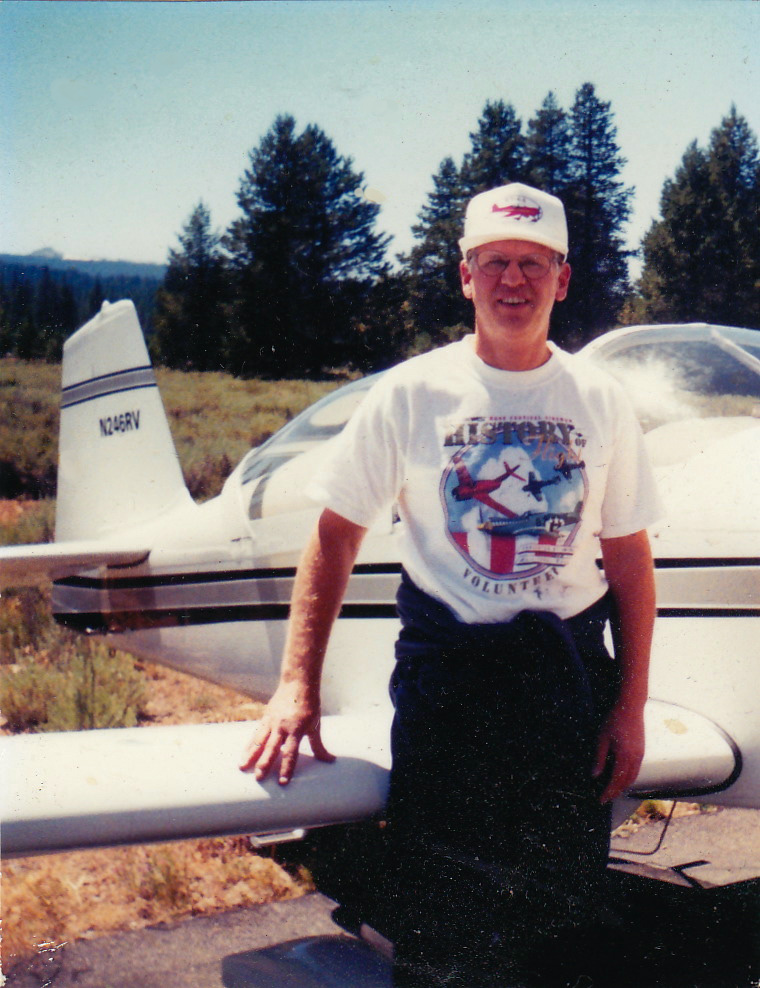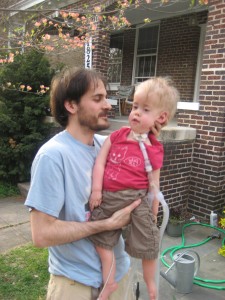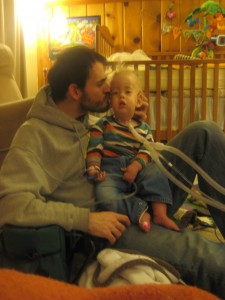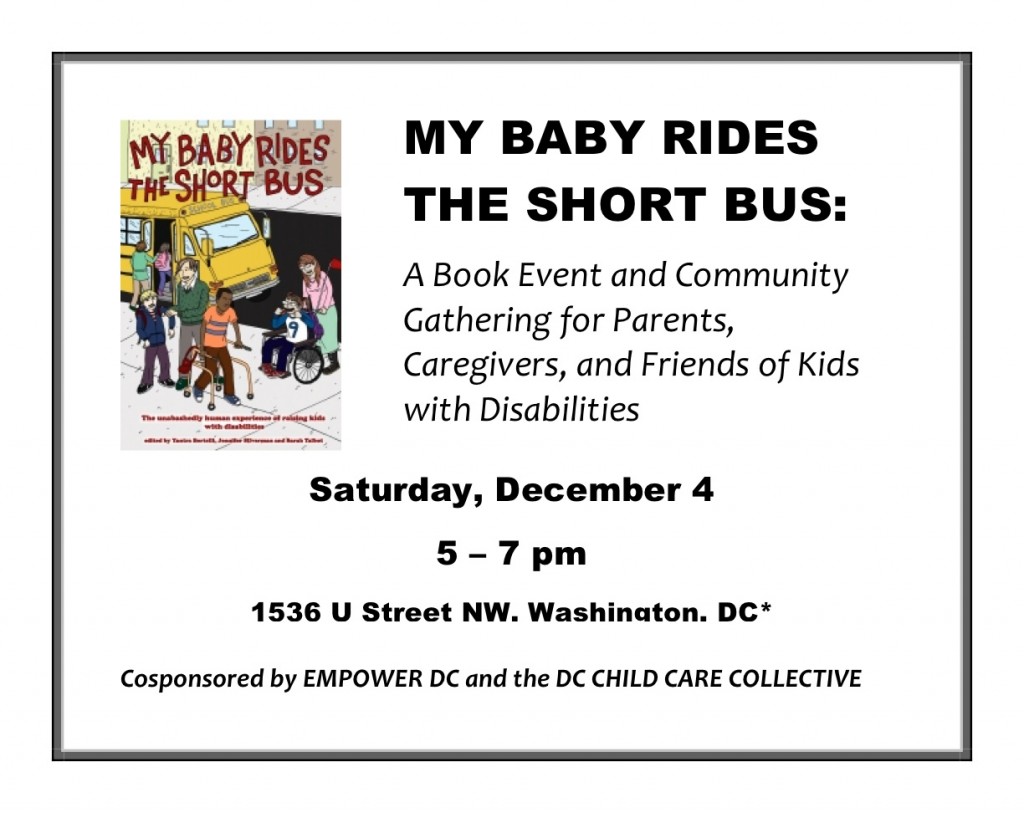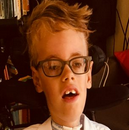Death, struggle, inspiration (Aug. 26)
(Krista writing) There’s no easy way to say this, but death has been very present in our lives this summer. A friend’s mother died earlier this month after a long fight with cancer. I’ve known Linda since I was 10, and she was an amazing woman, the kind of person who you looked forward to seeing – always welcoming and warm and easy to talk to. When she was diagnosed with cancer years ago I understood just how unfair disease is. It’s still hard for me to grasp that she’s not at home with the rest of her family in Florida.
And then on August 17, Saul Solorzano died. Saul was one of the most public leaders of the Salvadoran community in Washington DC, advocating for immigrant rights and leading the largest Central American service agency in the city for over 15 years. We had met him through our work with CISPES, and many of our friends in DC were close to Saul and his family. Saul died in an accident – he was 49 and his youngest daughter just turned four this summer. The Washington Post published a good obituary here.
Burke was able to go to the wake and funeral procession for Saul this weekend. People came out with their grief and sorrow and banners and signs. The procession was both religious and political, as people spoke prayers and sang songs from the revolutionary movement in El Salvador.
Needless to say, death strikes a sharper chord with us now. Lucas came into our lives waving a big, unwelcome flag announcing mortality. He almost didn’t make it in the first few days of his life. When we brought him home from the hospital he was still so fragile that we had to be on constant alert, and more than once we resuscitated him from a scary grey-blue color back to a vibrant pink. And then when we got his MTM diagnosis, and we learned that his life expectancy was short. Though we try to put that aside and just live each day like any other day, inevitably the knowledge that there are no guarantees for our future has helped anchor us in the present.
Last year, when the diagnosis was still new and I was grappling more with fear of death, I read a great book called Love and Death. It was written by a Unitarian pastor, Forrest Church, as he was dying of cancer. In his last year of life he wrote out his thoughts about what death teaches about how to live. And he managed to articulate over and over what so often feels cliché – that we’ll all die some day, some of us old and some of us young, and so we should use that knowledge to remember to live each day that we have fully. And by fully, he meant embodying some of the universal religious ideas of forgiveness, love, and humility. For him, the fact that he saw his own life as finite – that he had a very real deadline for finishing his book, as he put it – gave him all the more awe for the love and beauty he found in his family and community.
Somehow, I think if Lucas could write a book it would say something similar. It might use simpler suggestions: Behold the duck! Behold the dog puppet! Behold the triangle block balanced so delicately on top of the star block! Look some more! Duck! Dog! Blocks! All with awe and enthusiasm that has nothing to do with what tomorrow holds. Burke and I have been following Lucas’s lead, trying to remember to feel awe wherever he points us.
Often we’re grateful for all this deep insight and profound presence, and there are days I think I wouldn’t even trade away MTM if I could because of everything Lucas – exactly as he is – is teaching us. But there are days that I’d throw away all this insight in a heartbeat. Mortality as a theoretical proposition is a useful devise. Mortality meaning death and an end, or at least a major transition, is much harder. At the Family Conference in Minneapolis last month I sat through the slide show of kids with MTM/CNM who have passed, and I walked away with a deeply aching heart, wishing not to know. So many kids have died, so many, so young.
And then a few days ago one of Burke’s colleagues, an activist and mother to a three year old, lost her partner to cancer. Eric and Lorena had spent many years fighting the cancer, and this summer they’d been trying everything possible to beat back the disease, keeping friends and community updated as they did. They fought for survival within their own family while also maintaining their dedication to the larger struggles for community and social justice. And despite everything – despite his young age, his commitment, their desire for him to get better and all the love that surrounded them – he passed. You can read more about the life of Eric Quezada here.
In one of of the last public messages before Eric passed away Lorena wrote, “Eric’s spirit is strong, his body is not anymore—soon he will move on and continue to be alive in each of us and everything he did and the people he touched. Death is part of life.” We never met Eric but many of our friends and fellow activists in the Bay Area worked alongside him and they are mourning his passing now. What brought tears to us upon hearing the news Wednesday morning was the strength and courage of those close to Eric, the hope and defiance captured by the phrase “la lucha sigue” (the struggle continues). Death is indeed part of life, but perhaps just as importantly, life — in all its inspiration and struggle — continues on after death in the spirit of those who are impacted.
